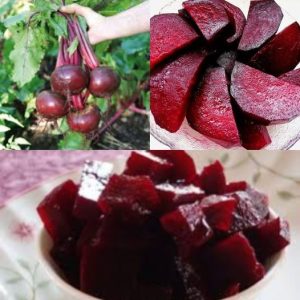Proper food storage is essential for preserving flavor, texture, and freshness, yet not every item belongs in the fridge. Surprisingly, some foods can spoil faster, lose flavor, or develop unpleasant textures when exposed to cold temperatures. Understanding which items are better off stored at room temperature can help you avoid common food storage mistakes and get the most out of your groceries. From eggs and onions to tomatoes and bananas, these everyday foods can be kept fresh and delicious with the right storage approach.
Eggs, for instance, often don’t need refrigeration if they haven’t been washed. In many parts of the world, unwashed eggs are kept at room temperature, as their natural coating protects against bacteria and keeps them fresh. Similarly, onions prefer a cool, dry place with good air circulation, as the humidity in refrigerators can cause them to soften and spoil more quickly. Once cut, however, onions should be refrigerated in a tightly sealed container to prevent odor spread.
Potatoes, garlic, and tomatoes also fare better outside the fridge. Cold temperatures convert potato starch into sugar, giving them a sweet taste that can affect recipes, while garlic can lose its texture and begin sprouting. Tomatoes, too, suffer from refrigeration, as cold air disrupts their ripening process, resulting in mealy textures and muted flavors. Keeping these items in a dark, dry spot ensures they stay flavorful and ready to use.
Foods like honey and bananas have unique needs as well. Honey naturally preserves itself and can harden or crystallize if chilled, so room temperature is ideal. Bananas, on the other hand, thrive at room temperature, where they can ripen properly; refrigerating them too soon can turn the peel brown prematurely. By knowing how to store these items correctly, you can extend their shelf life and enjoy their full, natural flavors.





